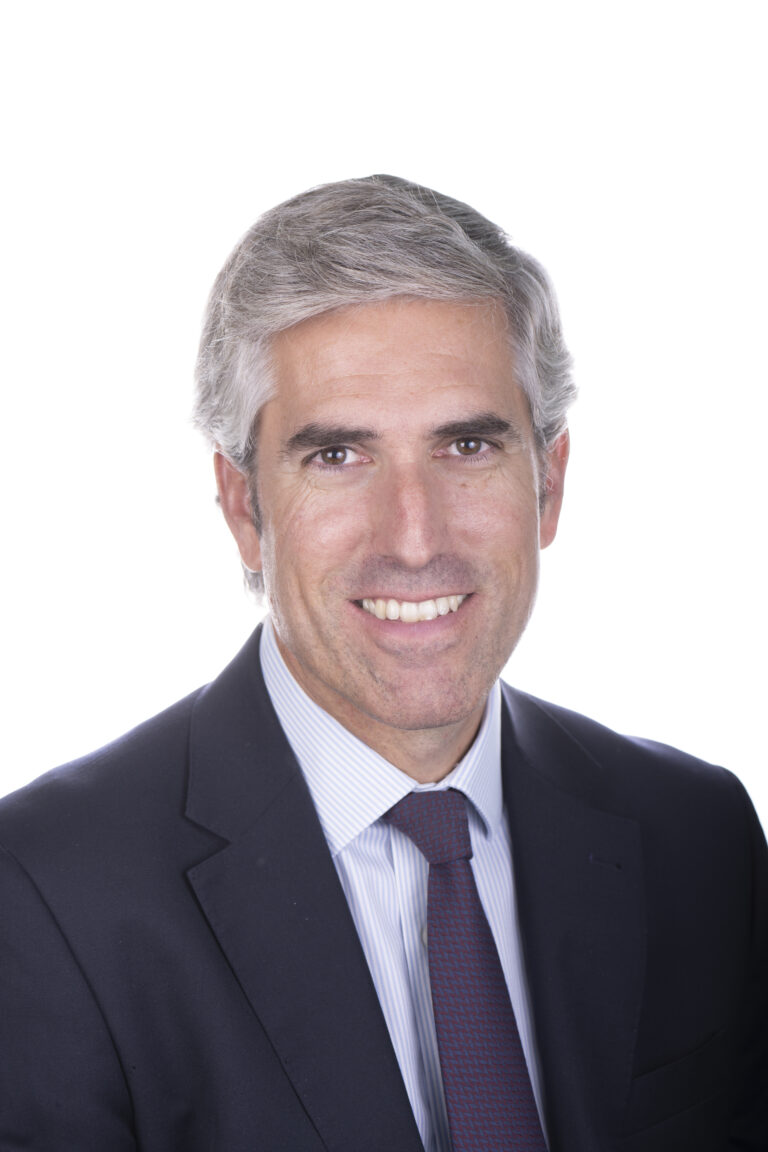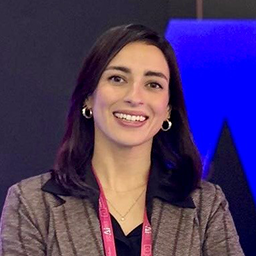EU Digital Private Law Jean Monnet chair
The Jean Monnet Chair in EU Digital Private Law is a post that promotes excellence in teaching and research with a specialisation in European Union studies.
The Chair brings an innovative approach to the ongoing development of the EU digital regulations (Digital Services Act, Digital Markets Act, Data Governance Act, Data Act, Artificial Intelligence Act, among others), in an open dialogue with policy makers, civil servants, civil society actors, businesspersons, media and civil society at large.
The project addresses the enthronement of EU private law as the master of the digital society, reaching societal goals (fundamental rights, democracy, health, electoral integrity) that were historically not its aims. EU private law, as a tool for internal market regulation, was mostly about economic fairness between parties while public law (constitutional/administrative) dealt with those societal aims. The EU digital regulations change this and put private law in charge of both (with variations among the different legal instruments), using a combination of private tools, including self-regulation, with public concepts (e.g. proportionality in the restriction of fundamental rights, exporting it to the enforcement of terms and conditions). This entails a key disciplinary transformation.
The central question is whether EU private law is fit for that purpose, if it can protect democracy, fundamental rights and the rule of law. The answer to that question requires an assessment of the concrete instruments on which the digital laws rely.
Chairholder

Francisco de Elizalde
Francisco de Elizalde (Ph.D., LLM) is an Associate Professor of Private Law at IE Law School, IE University. He was the Chair of Legal Studies (Head of Faculty, 2020-22). Since 2022, Prof. Elizalde has been the Director of the Jean Monnet Centre of Excellence for Law & Automation, co-financed by the European Commission. He is a permanent Visiting Professor at Koç University (Turkey) and has held Visiting Professorship positions at City University of Hong Kong, University of Bologna and FGV Sao Paulo (Brazil). Prof. Elizalde was a Visiting Scholar at the University of Oxford and the University of Cambridge. He conducted research at Harvard Law School and the Max Planck Institute for Comparative and International Private Law (Germany). Prof. Elizalde practiced law at Garrigues Litigation and Arbitration Department for several years. He is a member of the Madrid Bar Association, the American Society of Comparative Law, and the European Law Institute. Prof. Elizalde has consulted for the European Parliament and the European Commission. Several Advocate Generals of the Court of Justice of the European Union have cited his work.
Contributors

Antonella Zarra
Antonella Zarra is a researcher and professional with 10 years of experience in AI policy and platforms regulation specialized in the law and economics of emerging technologies. She is currently serving as a Case Handler Officer at the European Commission in Brussels. Within the Digital Services Act Enforcement team, she focuses on content moderation, transparency and the risks posed by online platforms’ algorithms (including generative AI and recommender systems). In addition to her professional role, she is pursuing a PhD in Law and Economics at the University of Hamburg, exploring the role of experimental governance in the regulation of AI and other emerging technologies. Her research extends to the impact of technologies on vulnerable groups, with a particular emphasis on gender equality and disability rights. She is a lecturer in digital platform regulation at IE University in Madrid. Previously, she worked as a part of Meta’s AI team in Madrid, where she coordinated the policy prototyping program Open Loop, focusing on the AI Act. She conducted studies and policy evaluations for international institutions at the Brussels-based think tank CEPS. She holds a Master’s Degree (Magna Cum Laude) in Economics of International Institutions and a Bachelor’s Degree in Economics and Management from Bocconi University, Italy. She was a visiting student at the Chengchi University of Taipei, Taiwan.

Guillermo Toral
Guillermo Toral is an Assistant Professor of Political Science and Ramón y Cajal fellow at IE University (School of Politics, Economics and Global Affairs), and Faculty Affiliate at MIT GOV/LAB. He works in the fields of comparative politics and political economy, with a regional focus on Latin America and Southern Europe, and a substantive focus on issues of development, governance, and corruption. His research agenda centres on relationships among state actors (politicians, bureaucrats, and anti-corruption agents), anti-corruption policies, and their impacts on public service delivery, human development, and democracy. In his work, he uses big administrative datasets, surveys, experimental and quasi-experimental designs, and extensive qualitative fieldwork. Some of Guillermo’s work has been published in the American Journal of Political Science, the Journal of Politics, and the Annual Review of Political Science. Through this work, Guillermo’s current research agenda seeks to understand how the accountability pressures of government actors can enhance and hinder governance, service delivery, and democracy.
The Chair is a teaching post that aims at excellence in delivering courses on the topic of EU digital private law. The applicant and the team members (in coordination) have designed the content of teaching sessions and the overall courses’ syllabi.
The courses covered by the Chair are:
- Contracts & EU Digital Private Law
- Comparative Politics
- Derecho civil I
- International and European Contract Law
- Regulating Platforms
The Chair conducts research on EU digital private law, starting from the hypothesis that private law stands out in the digital regulations, yet with societal aims.
The EU Digital Private Law Series gathers experts to discuss different topics encompassed under the Chair from different angles and points of view. They engage in a dialogue with policy makers, civil servants and society at large. The events can be followed online.

